Servo motors find use in a wide range of applications, from cleanroom settings to dirty environments where they face exposure to varying temperatures, pressures, and even liquid and caustic chemicals, in addition to dust and debris.
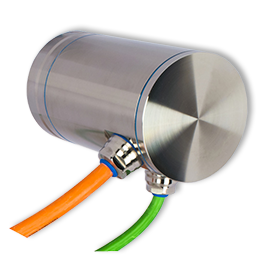
One specific class of servo motors called hygienic (or simply stainless steel) are motors specifically designed to satisfy hygienic directives, criteria or requirements. These requirements are mostly in the food, beverage, and pharmaceutical industry. For instance, recent legislation, like the FDA’s Food Safety Modernization Act (FSMA), is designed to prevent contamination in food and beverage production. Using hygienic servo motors in these applications helps to reduce the possibility of food borne illnesses and costly recalls.
The main design difference is in the motor housing. Otherwise, these kinds of servo motors in terms of performance and torque and speed etc. are rated just as non-hygienic motors would be.
A typical hygienic servo motor has a stainless steel housing and will have to meet standards such as IP69K, EHEDG, and 3A. Hygienic servo motors achieve this by being built with FDA approved, food-grade materials. Eliminating flat surfaces, cracks, and crevices prevents the build-up of foreign material and bacteria. It also eliminates the need for other methods of protecting motors from washdown such as covers and guards. Also, the housing and cables must typically endure daily wash downs with high pressure, high temperature, and caustic chemicals.

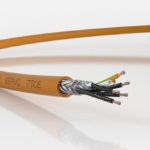
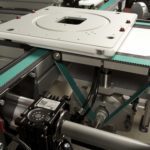
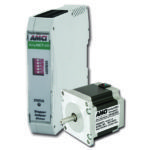
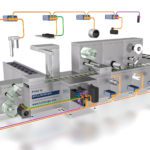
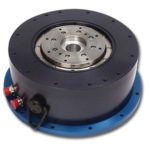

Leave a Reply
You must be logged in to post a comment.